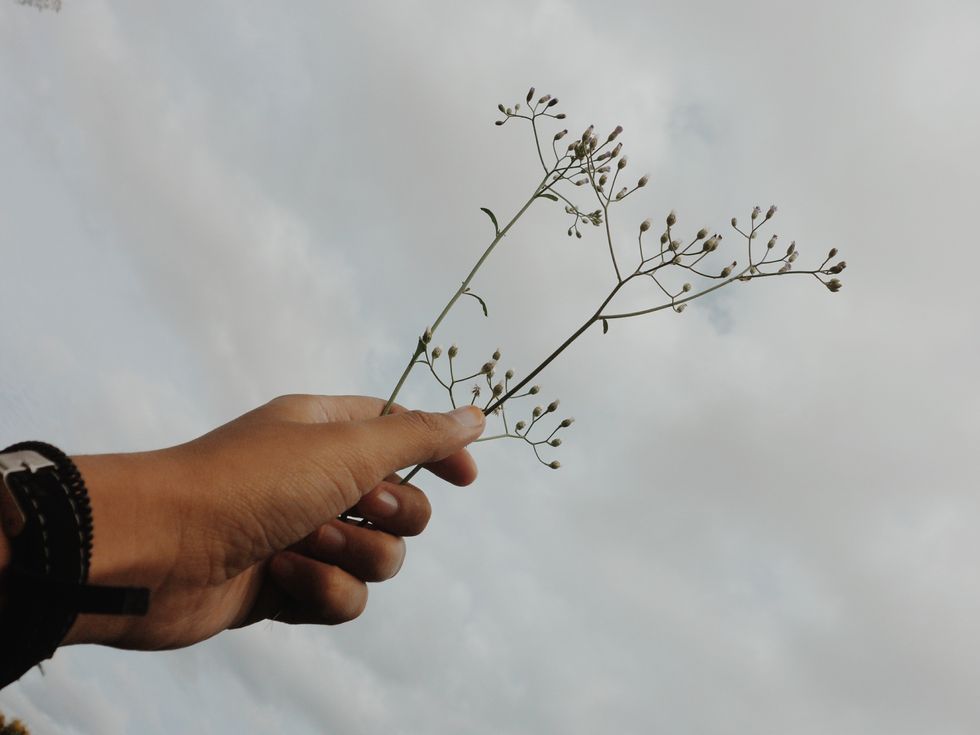Most of us, at some point in our lives, have become trapped by our culture of consumption. It's a disgusting display of wealth and social status that social divides us. This social divide does a great job at inhibiting our potential at building objective, meaningful relationships. Material possessions become our identity and we begin to lose a true sense of who we really are. It's entirely possible for us to exist as content, beautiful human beings without participating in the culture of consumption we have been duped into believing in.
The problem with our culture of consumption is that it has become a key aspect of every activity. We give too much value to "things," focusing less on their contribution to our overall wellbeing, passions, or happiness. We may experience temporary contentment or pleasure, but it seldom lasts forever. Minimalism eliminates the "things" from our routine, allowing us to find contentment from the simple things in life.
Minimalism is not an expensive hobby one takes up on the quest for self-discovering and happiness. There is this huge misconception that being a minimalist requires a fat wallet and that your life is now restricted by rules and limitations. This simply is not true. This misconception comes from the elitist culture which has emerged through social media outlets. This distorted perception has blurred the individualistic nature of minimalism. A lifestyle often associated as a fad is actually a lifestyle that de-clutters your physical and mental state.
Minimalists are people who…
- Make intentional decisions; that add value to their lives.
- Focus on personal growth and the quality of their relationships.
- Live in the moment.
- Discover personal potential by eliminating obstacles standing in our way.
- Consume less and intentionally.
- Gift experiences rather than material possessions.
There isn't anything necessarily wrong with owning material possessions. If you find importance in an object that genuinely makes you happy then, great! Minimalism doesn't have to look like white walls behind aesthetically placed black furniture. This concept focuses on the internal value system we all forget we control. Start small; declutter your thoughts. We easily get stuck in our routines that we forget to look slow down and just breathe. Living in the moment is by far the most valuable aspect of minimalism because it allows us to feel and experience every minute of our existence.
If you're someone who enjoys nature, there's more value to be found in the adventures we seek out and create than those created for us. Discover birds you've never seen before, wander down trials in your neighborhood, or uncover beaches no one else knows about. You'll find more value in the creation of your own adventure because those experiences are completely your own.
- Culture and Consumption: A Theoretical Account of the Structure ... ›
- Bloomsbury - Cultures of Consumption Series ›
- Cultures of Consumption in Early Modern Europe « White Rose ... ›
- 'Challenging the culture of consumption: Rites of passage and ... ›
- Culture of Consumption ›
- Culture and Consumption: New Approaches to the Symbolic ... ›
- Culture of Consumption | US History II (American Yawp) ›
- Consumer culture theory - Wikipedia ›
- What Does Our Culture of Consumption Actually Look Like ... ›






















